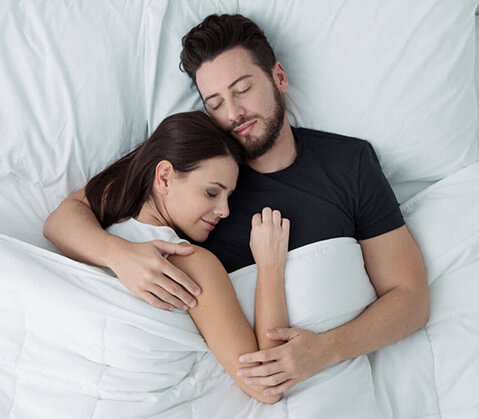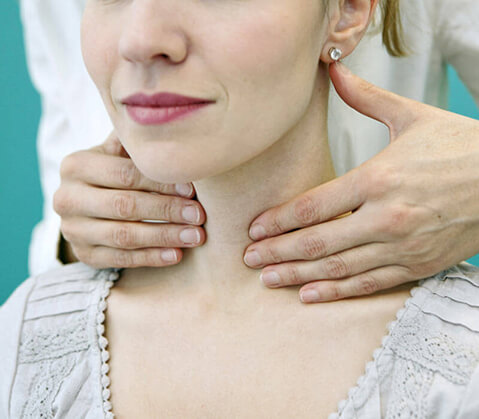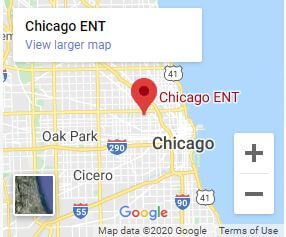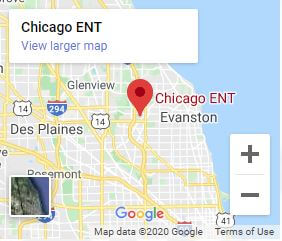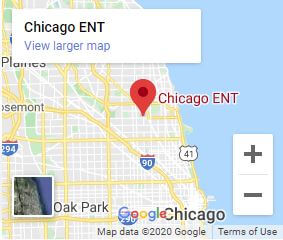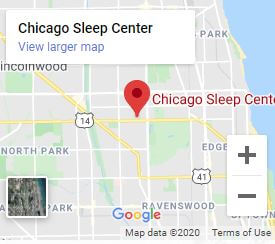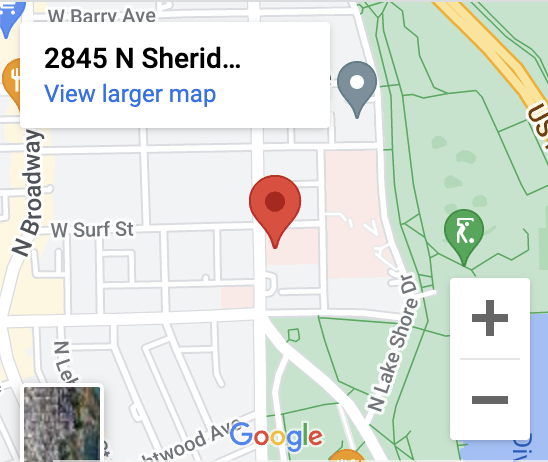Snoring and sleep apnea
What is snoring?
Snoring is a common disorder that occurs when a sleeping person breathes and tissues in the back of the throat vibrate. Often, the snoring sound is produced by vibrations of the soft palate, which is located in the tissue in the back of the mouth. Sometimes snoring sounds can be produced by the tongue base moving during sleep. Snoring implies that there is a partial obstruction of the airflow during sleep.
Is snoring serious?
Snoring is not always serious, but it is never normal. When one snores, it indicates that there is some obstruction of airflow during sleep. When snoring is extremely mild, it often doesn’t require treatment, but it does require further assessment to determine if it is potentially serious. It is important to note that the mildness of the snoring does not always correlate with the severity of the airway obstruction.
I am told and then I snore heavily and sometimes stop breathing in my sleep. Is this serious?
A clear indication of obstructive sleep apnea occurs when a patient stops breathing in their sleep. In some patients, this apnea sounds like somebody who is just catching their breath after a snore. When one observes sleep apnea or the sounds of catching one’s breath during sleep, it is always potentially serious. As with any other medical problem, early diagnosis leads to early correction and, in most cases, a simpler solution.
How is primary snoring different from sleep apnea?
In primary snoring, oxygen levels are maintained at a normal level and there is not significant airway obstruction. In addition, the obstruction is not enough to cause arousal and sleep are not disrupted. In sleep apnea, there is partial obstruction of airflow that causes oxygen levels to drop.
I sleep like a log. Does that mean that I cannot have sleep apnea?
Absolutely not. In fact, most people that have sleep apnea sleep like a log. Sleep apnea causes sleep disruptions that are not detected by the patient. Patients who have sleep apnea often feel sleep-deprived in the sense that their sleep is not refreshing. Ironically, they are considered “good sleepers.” Typically they will hit the pillow, fall asleep, and remain asleep through any type of noise. Despite this, they often wake up feeling not refreshed.
What is sleep apnea?
Sleep apnea is a disorder in which a person has obstructed airflow during sleep. The obstructed airflow causes damage because oxygen levels drop during the disrupted breathing. This drop-in oxygen level causes a change in the pulse and blood pressure, which causes damage to the cardiovascular system and may cause disrupted sleep that is not detected by the patient. Sometimes, sleep apnea occurs without snoring.
What are the most common symptoms of sleep apnea?
The most common symptoms of sleep apnea include snoring, daytime fatigue, and weight gain. In addition, sleep apnea often causes mood changes, irritability, and depression. Sleep apnea may result in hypertension and heart disease. Sexual dysfunction is also a common side effect of sleep apnea.
In it true that the only treatment for sleep apnea is a CPAP device or radical surgery?
Absolutely not. In fact, the vast majority of patients that have mild or moderate obstructive sleep apnea can be treated without CPAP or invasive surgery. While CPAP is an excellent form of treatment for some patients with severe sleep apnea, the vast majority of patients with mild or moderate cases cannot or will not accept CPAP as a way of life. Most of these patients can be treated with outpatient non-invasive or minimally invasive techniques, including dental oral appliances, improvement in the nasal airway, stiffening of the palate, and nonsurgical treatment to shrink the tissues of the tongue base. In addition, we sometimes recommend a new product called Provent, which provides continuous airway pressure without using a machine.
Snoring doesn’t bother me. It bothers my bed partner. Can I ignore it?
Absolutely not. Snoring is a problem for both the snorer and the bed partner. In a study conducted on bed partners of snorers, we determined that the average bed partner loses 25% of their sleep due to their partner’s snoring. This sleep loss is extremely disruptive to a relationship because the snorer is not refreshed and neither is their bed partner.
What is the Pillar Procedure™?
The Pillar Procedure™ is a minimally invasive technique to stiffen the palate. It is done with a simple injection into the soft palate with local anesthesia. When combined with the correction of nasal obstruction and tongue base obstruction, it is an extremely effective way to treat snoring and sleep apnea.
What happens if sleep apnea is left untreated?
The long-term effects of untreated sleep apnea include weight gain, fatigue, irritability, depression, sexual dysfunction, hypertension, and heart disease.
Does sleep apnea only affect middle-aged overweight men?
No. Although sleep apnea is more common in middle-aged men, it does occur in young men who are not overweight. The main factor that can lead to sleep apnea is the genetically determined shape of the throat. In fact, sleep apnea also occurs in children, young people, and middle-aged and older men and women.
Does sleep apnea affect women?
Yes; however, the symptoms of sleep apnea in women are often different than those found in men. Though women often do not snore, when it occurs it is mild. However, sleep apnea in women often results in mood changes and depression.
Does sleep apnea cause weight gain?
Yes. Because sleep apnea affects insulin metabolism, sleep apnea can cause weight gain and also be the result of weight gain. Sleep apnea contributes to weight gain as it causes fatigue which results in reduced physical activity. The weight gain then aggravates the sleep apnea and the cycle continues.
Can children have sleep apnea?
Yes. Sleep apnea is extremely common in children. In fact, sleep apnea in children often results in poor school performance. The large percentage of patients who have attention deficit disorder have undiagnosed sleep apnea. Hyperactivity and attention deficit disorder can often be corrected just by eliminating sleep apnea.
How is sleep apnea treated in children?
Sleep apnea in children is treated by removing the tonsils and adenoids through nonsurgical techniques utilizing radiofrequency.
Will insurance cover my snoring treatment?
Yes. Snoring is almost always associated with some mild form of obstructive sleep apnea or upper airway resistance syndrome. Therefore, with proper testing, your insurance will cover the cost of medically necessary treatment for snoring and upper airway resistance syndrome.


